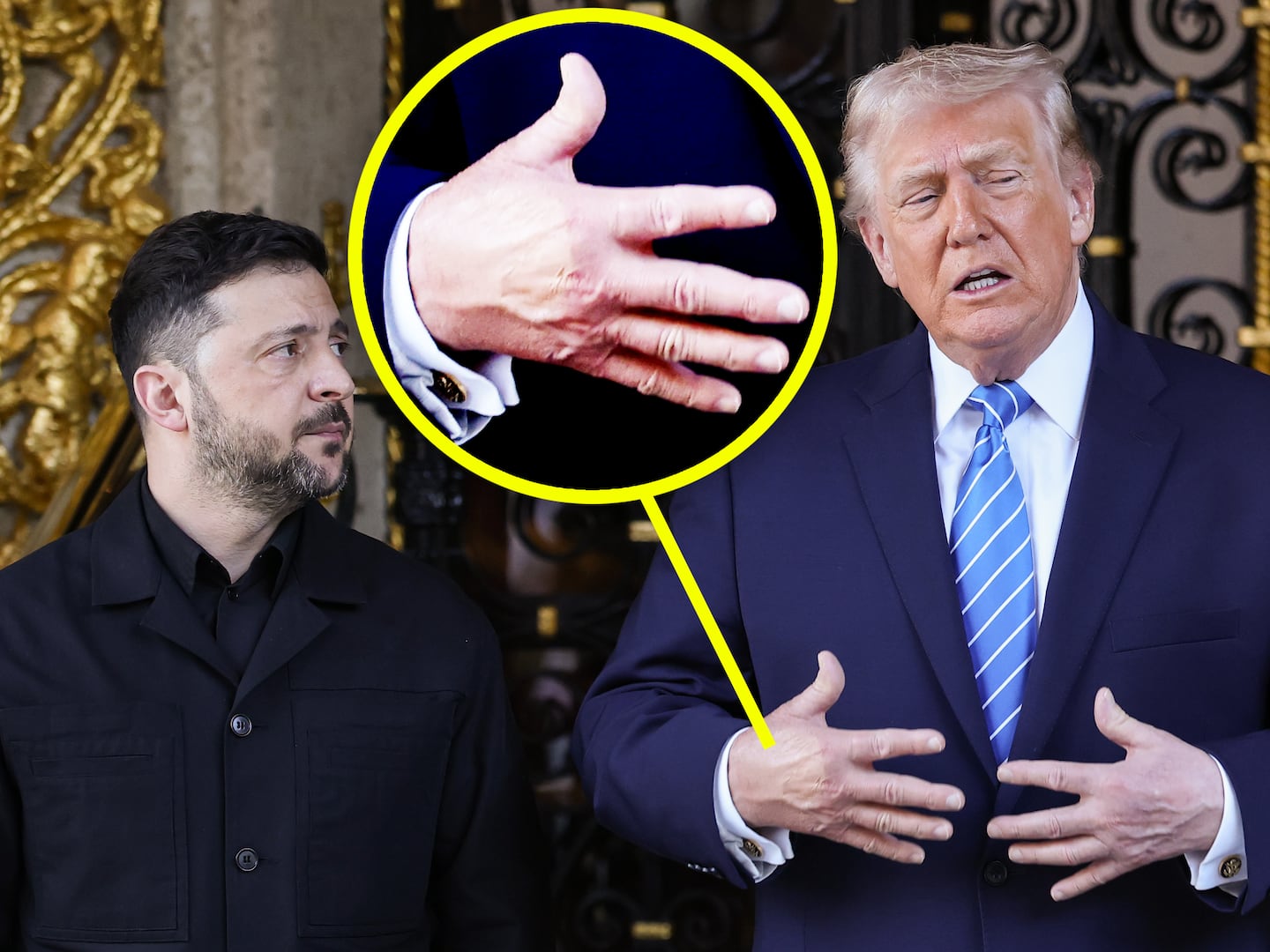Former New York governor Eliot Spitzer has declared that he will run for the post of New York City comptroller. Cue the tabloid jokes about Spitzer’s self-immolation in a prostitution scandal. It’s understandable if his past is a deal-breaker for lots of people. It wasn’t simply a matter of indiscretion or infidelity, but lawbreaking and participating in the sex-for-hire industry. Is he electable? Should someone try to seek redemption at the ballot box and in the public arena rather than by doing anonymous good works?
I’m not sure. But it is clear that Spitzer’s professional past, temperament, and skill set match up very nicely with the job for which he’s applying. The comptroller is a sort of hybrid—in-house auditor, fiscal manager, pension administrator, the guy who manages the city’s relationship with Wall Street and the capital markets. (Here’s the official job description.)
(Full disclosure—I have known Spitzer for more than 10 years and have repeatedly crossed paths with him—as an interview subject, as a fellow columnist at Slate, as a guest on his television show, and, most recently, in Chelsea Market a few weeks ago, where we discussed the state of the housing market.)
New York City, along with New York State and many other jurisdictions, engages in the practice of putting crucial financial and money-management decisions in the hands of elected officials, rather than in the hands of career bureaucrats. And because of the city’s size and financial heft, there’s a lot at stake. The comptroller oversees the city’s five public-employee pension funds, which combined have about $140 billion in assets and manage money on behalf of 237,000 retirees and 344,000 employees of the city and related entities. The comptroller also helps deal with bond issuance. New York City has about $41 billion in general-obligation debt outstanding. In 2012, the city issued $8.1 billion in new-money bonds, and sold another $6.6 billion in bonds to refinance existing debt at lower interest rates.
The stakes are extremely high. The costs of poor management in these areas are massive, for all taxpayers. The potential for corruption and debacles is pervasive. Municipal finance has historically been a cesspool of conflicts of interest—investment firms help fund the campaigns of officials who dole out underwriting assignments, and the revolving door swivels rapidly. Money-management assignments are often doled out less on merit and more on personal connections. Wall Street firms have routinely sold financial products and investment strategies to unsophisticated city and state money managers that wind up causing big losses for the taxpayers. Alabama’s largest county effectively filed for bankruptcy after having engaged in a complex derivatives transaction with JPMorgan Chase.
And so the sort of person you’d want in the post is somebody who knows Wall Street inside and out, who can see through the conflicts of interest and b.s. that Wall Street firms peddle, whom Wall Street regards as someone to fear rather than a mark, and who has sufficient financial resources that he or she won’t be tempted to dole out favors to money managers in exchange for the prospect of lucrative post-government employment.
Spitzer fits those requirements perfectly. A child of New York City privilege, and a graduate of Princeton and Harvard Law School, he came from the same milieu as many Wall Streeters. Better than any other elected official, he understood what motivated investment bankers and traders, the language they spoke, and the ways in which their industrial norms could prove damaging to the markets and its participants. That’s what made him such an effective anti–Wall Street crusader when he was attorney general. His staff didn’t need to explain to him how investment-banking firms tied research reports to underwriting assignments. And so a decade ago, while the Securities and Exchange Commission slept, Attorney General Spitzer used his prosecutorial tools to end corrupt practices in investment banking, mutual funds, and insurance.
Thanks to his father’s real-estate empire, Spitzer is also personally well-off. He simply doesn’t need campaign contributions or a promise of employment from the Wall Street firms who want to do business with the city. Firms that want the city’s business will have to suck up to him, rather than the other way around, as is typical.
Spitzer is sharp, engaging, and would much rather spend his days engaged in public service than helping to manage commercial-real-estate investments. He’d make an excellent comptroller. New York City effectively spends a lot of money each year on money management and other financial services. I’d trust Spitzer to do that wisely, and to drive better bargains for the city’s taxpayers and pensioners than his rivals could. Will New York City’s voters agree? I’m not sure. The ballot box can be a difficult place to find redemption and forgiveness.






